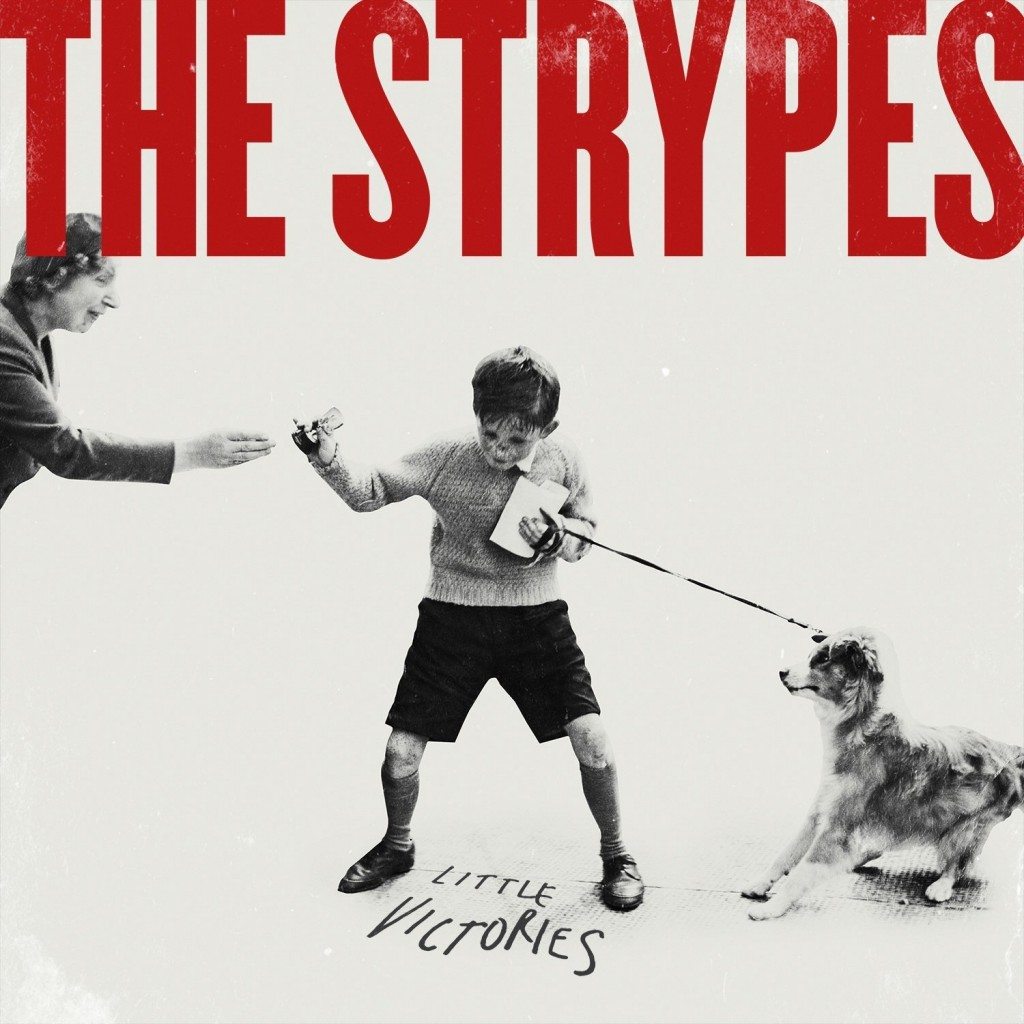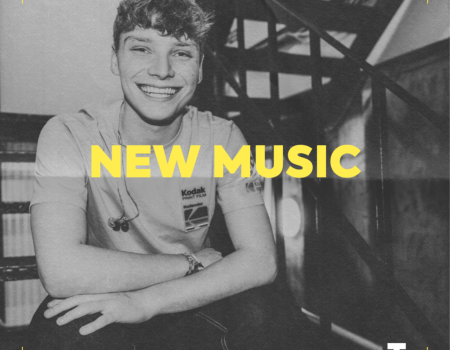‘TOO MUCH TOO YOUNG’ is a phrase which basically entered the annals of rock ‘n’ roll’s history from the very first instance that Terry Hall of The Specials venomously spat it out, subsequently seeming almost prophetic as bands that were once promised the world soon began to be vanquished one by one by the pressures of fame and expectation.
Whilst the song itself isn’t a comment on the manner in which new-found praise and attention may take on your psyche, it’s most certainly proved to be applicable due to the many groups that have unceremoniously imploded before our very eyes.
Imagine what such forces must’ve felt like to The Strypes, a teenage four piece hailing from Cavan, Ireland who were praised for their back to basics, revivalist style that saw them take influence from bands such as The Yardbirds, The High Numbers and the early days of The Stones to a great degree.
Seemingly going back to the drawing board for their sophomore full length Little Victories, the band appear to have made a conscious effort to broaden their minds and attempted to divert away from the lineage that they had so meticulously paid homage to on their earlier output.
This record will be the first true indication of how the band shall fare in this cutthroat and constantly evolving industry, providing a better insight into whether all of the hype was rightfully sent their way or whether they’ve perhaps been waylaid by such a response at a formative stage in their careers.
The record struts into life thanks to the uproarious ‘Get Into It’, a track which blurs the lines between the more boisterous side of Arctic Monkeys and the intricacies that were the defining trait of Franz Ferdinand’s debut LP. Injecting a healthy dose of rhythm and blues on account of some spirited harmonica, the musical alchemy that they’ve performed on this particular ditty glimpses towards a unique musical identity in a manner that their debut didn’t.
The robust bassline of ‘I Need To Be Your Only’ almost acts as a catalyst for human movement, being rendered in such a fashion that it’s rather strenuous to the listen to the track and remain completely stationery. Elsewhere on the track, an unexpected break in momentum allows a brief acoustic interlude to hijack the foreground; making the Thin Lizzy-style riff that materialises throughout sound even more unshakable upon its next thunderous arrival.
‘A Good Night’s Sleep and A Cab Fare Home’ carries along with a vibe of its own, placing its bouncy rhythm and modernised indie rock leanings a million miles away from the overtly nostalgic tendencies that has epitomised so much of their output thus far.
‘Eighty-Four’ is as cocksure as anything that they’ve provided us with at this juncture of their career, seeing them proffer some seriously muscular instrumentation and a chorus that is both brash and inherently likable. One issue which it brings to light is that despite the fact that they seem to be parlaying a renewed sense of confidence into their songwriting, they still seem to be battling an identity crisis which at times can become all too evident to the listener. As opposed to rerouting their sound in a natural and organic way that is built on a genuine desire to implicate change, it can occasionally seem as though they’ve set out to shed the nostalgia based tags that have been lobbied at them since day one.
That’s not to say that it doesn’t unreservedly work at certain stages, as made evident by previously discussed tracks and also songs such as ‘Queen Of The Half Crown’, a sprawling affair that sees guitarist Josh McClorey amalgamating the styles of John Squire and Jimi Hendrix into a refreshing sound that earmarks the composition as one of the album’s standout moments.
‘I Wanna Be Your Everyday’ undeniably sees them fall back into the pitfalls of 60’s pastiche to the most blatant extent of any track on the record. Whilst it’s true that there’s nothing wrong delivering a semi-faithful reinterpretation of the influential era’s signature tropes, it’s jarring when paired with the cavalcade of overwrought guitars and squalling feedback that brings the track to an abrupt close.
Pete O’Hanlon’s bass becomes prevalent yet again on ‘Best Man’, making it abundantly clear to all that his playing shall remain an important assest as they continue to move forward. Joining forces with lively guitar and the often rugged vocals of Ross Farrelly, ‘Best Man’ is another one of the record’s watershed moments and indicates how much they’re capable of it they abandoned any apprehension and threw themselves behind their own sonic footprint.
The dirty blues guitar of ‘She’s Gone’ sparks comparisons to contemporary artists such as Rival Sons; whilst the harmonica laden grit of ‘Status Update’ strips the formula right back to its bare bones and is effective for doing so.
Based on what’s been presented on Little Victories, it’s definitely safe to say that they have delivered on their early promise and have certainly earned their fairly lofty position in the industry. What must be reiterated is that with a hint of boldness, a more indignant attitude and a desire to become more than just the sturdy rock ‘n’ roll band with the well crafted songs that they are, there’s no telling how much they could end up accomplishing.











